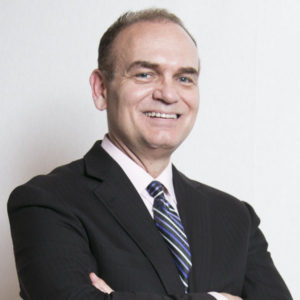Your conclusion should reflect your mentality, not a platitude. Consider shooting fireworks of final, impassioned comments from the podium rather than simply saying “thank you.”

You will elicit spontaneous applause for a well-rehearsed, well-timed, and well-executed performance with the panache of a fireworks finale—a performance that embodies all the anticipation of a logger’s cry: Timbeerrrrrrr! This article demonstrates how to end your speech strongly.
Draw Attention to Your Speech's Closing
The most effective speakers do not conclude their presentations with a terse and boring “Thank you,” as is the custom of too many politicians, businesspeople, and community leaders. That is too simple. Too lazy, too.
To conclude your speech with a powerful conclusion that renders the obligatory “thank you” obsolete, it demands original ideas and engaging execution. The colonists were debating the war as the American Revolution was about to begin.
Pro Tip
Plan Your Closing Remarks Word For Word.
On March 23, 1775, Patrick Henry gave a moving speech. He ended it with the following:
- "Is life so precious or tranquility so delicious that they must be bought with chains and servitude. God the Almighty, forbid it! I have no idea what actions other people may take, but as for me, give me either freedom or death.
William Jennings Bryan concluded his enthusiastic speech opposing the use of the gold standard as national currency at the Democratic National Convention in 1896 with these famous words:
- We will respond to their demand for a gold standard by saying to them: You shall not press down upon the brow of labor this crown of thorns: You shall not crucify humankind upon a cross of gold. We have the producing masses of this country and the rest of the world behind us, supported by the commercial interests, the laboring interests, and laborers everywhere.
In response to the German threat of an invasion of England during World War II, Winston Churchill issued a warning on June 18, 1940, urging all Britons to prepare. The words he used to end his speech have since been adopted as its title:
- Therefore, let us prepare for our responsibilities and carry ourselves in such a way that, if the British Commonwealth and Empire survive for thousands of years, people will look back and say, "This was their finest hour."
Finish your speech with a flourish.

The best speakers finish their talks on a high note both vocally and intellectually, just like the opera singer. The speaker should leave them thinking, just as the comic should make them laugh. Final remarks linger. Your final remarks should be clear and inspiring to energize your audience and galvanize your message.
To end your speech with a bang, review the ten templates below and make appropriate changes to your speech:
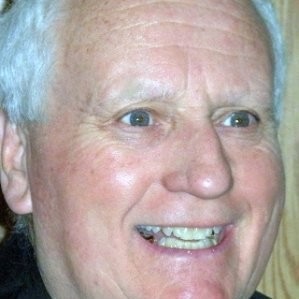
- Borderline Close
- Challenge Ending
- Toby Close
- Repeatedly Close
- Name Close
- Sing Song and End
- Callback End
- Movie End
- Close with a Quote
- Close Third Party
Initially, Bookend Close

Referring to your opening anecdote or quotation, conclude your bookend speech by saying, “We have come full circle.” Then state it one more so that your audience will remember it. This will create symmetry in the traditional three-part speech structure: tell the audience what you are going to say, say it, then tell the audience what you just said.
#2 - Close the challenge

Encourage the audience to put what you have spoken in the speech into practice.
If you had to summarize a speech about the significance of acting, you might say:
- "Let's move from being observers to being participants. Let us think back to America's motivational remarks. Theodore Roosevelt, the president, who said:
- “Far better it is to dare tremendous things, to gain glorious triumphs even though clouded by failure, than to remain with those wretched spirits who neither enjoy much nor suffer much because they live in the gray twilight that knows neither success nor loss,” the proverb says.
- There is too much to do for us to remain inactive. So that we can all see the beginning of a new day, we need you to emerge from the gloomy dusk and into the dazzling sunshine.
Action Item
Make sure to End A Speech With A Summary.
Third: Echo Close
Choose one word from a quotation to emphasis to reinforce your main point.
Consider, for instance, the five instances of the verb “do” in the following conclusion to a speech on the significance of participating in the educational process:
- Confucius once stated, "What I hear, I forget; what I see, I remember; what I do, I comprehend.' This was more than 450 years before the birth of Christ.
- Let us complete it jointly. We are aware of what needs to be done. We know what needs to be done. The moment is now, and with your help, we can accomplish this.
#4 - Repeated Closing

To end a motivational speech with a crescendo, choose a phrase and repeat it in a manner like the tempo of a drummer:
- Only you can orchestrate it: "Architects cannot renovate it; Businesses cannot incorporate it; Churches cannot inculcate it; Developers cannot innovate it; Engineers cannot calculate it; Governments cannot legislate it; Judges cannot decide it; Lawyers cannot prosecute it; Manufacturers cannot manufacture it; Politicians cannot appropriate it; Scientists cannot formulate it; Technologists cannot generate it."
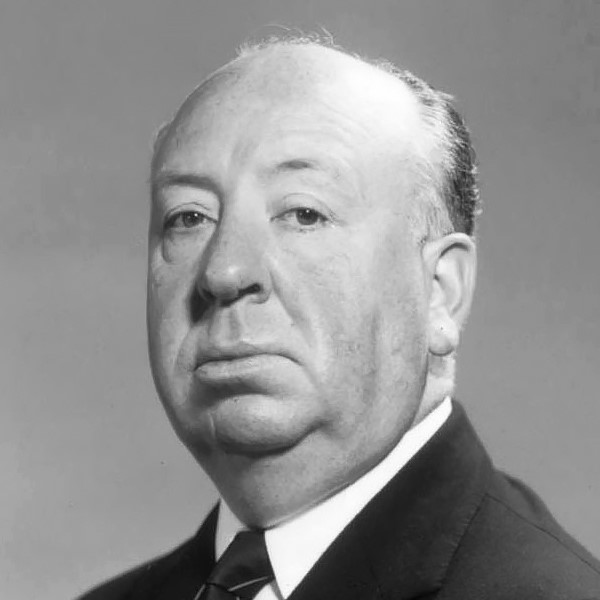
5 - Title Finale

Give your speech a thought-provoking title that sums up your point in a memorable way. Then, reinforce the title of your speech that you mentioned before by using it as your concluding remarks to compel your audience to reflect more deeply on what they just heard. To improve the title, try composing your speech’s conclusion first.
#6: Sing a song to end.
One of the phrases you used multiple times throughout your speech should be repeated to the audience. Let us say you keep saying, “Together, we can win,” and you do it repeatedly.
Then, when you are about to conclude, you say: “I know that all of you are talented and motivated. I am aware that none of us can accomplish this on our own, but with each other’s help (pause until the audience responds.)
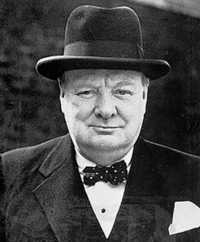
#7: Callback End
Think back to a story you once shared about a task that was left unfinished. Then, pick up the narrative and end it with your topic in mind.
For instance:
- "Do you still recall the bubbles the four-year-old held so delicately in his hands? The hearts of hundreds of people are now skillfully encircled by the same soft hands. He operates on hearts today.
#8 - Film Closing

Make mention to a popular film or book. For instance, an executive ended a speech with a reference to growing pangs after discussing the maturity of a product line and the necessity to move past the past to produce new and different items. The speaker made a reference to the closing sequence of the film Summer of ’42. Hermie is the primary character.
He is thinking back on his lost adolescence as an adult.
- "Life is composed of insignificant comings and goings. And there is something we leave behind for whatever we take with us. We conducted four raids on the Coast Guard Station throughout the summer of 1942. We watched five films. And it rained for nine days. Benji's watch was broken. Oskie abandoned his harmonica. And I lost Hermie forever in an incredibly unique way.
- The same is true this year, as we lost our old company in a unique fashion. We are now switching to a stronger, more established company.
#9 - Close the quotation

To focus the audience’s attention like a spotlight, use a well-known quotation.
As an illustration, at the end of a speech about the value of retaining self-assurance in the face of difficulty, you might say:
- "We must emulate the bird," wrote author Victor Hugo, "the bird that occasionally pauses in flight on boughs that are too light on a limb that is likely to break, yet sings, knowing she has wings."
Number 10: Third Party Close

The Third-Party Close will elevate the utilization of a quotation. Utilize a quotation to help convey your point of view. By framing your conclusion around the thesis of that quotation, you can use it as a springboard to raise your message to the audience’s level of understanding.
If you wanted to sum up your speech about the value of accepting change, you could say:
The pursuit of a better existence has made change a way of life. We must remember the wisdom of President Abraham Lincoln, who stood on the verge of the American Civil War and fought against the nation’s 100-year heritage of slavery extending back to George Washington and Thomas Jefferson, both of whom owned slaves. Lincoln stated while staring change square in the eye:
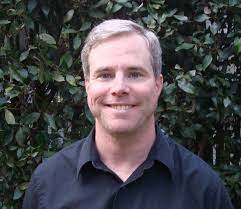
- "The calm past's dogmas are insufficient for the turbulent present and future. We must think and act differently because of the changing conditions we are in.
- And we too must. To make tomorrows more rewarding, meaningful, and compelling because of the change we make today, we need to look at this old problem in a new manner. We can think and act differently about the problem at hand with your assistance.

